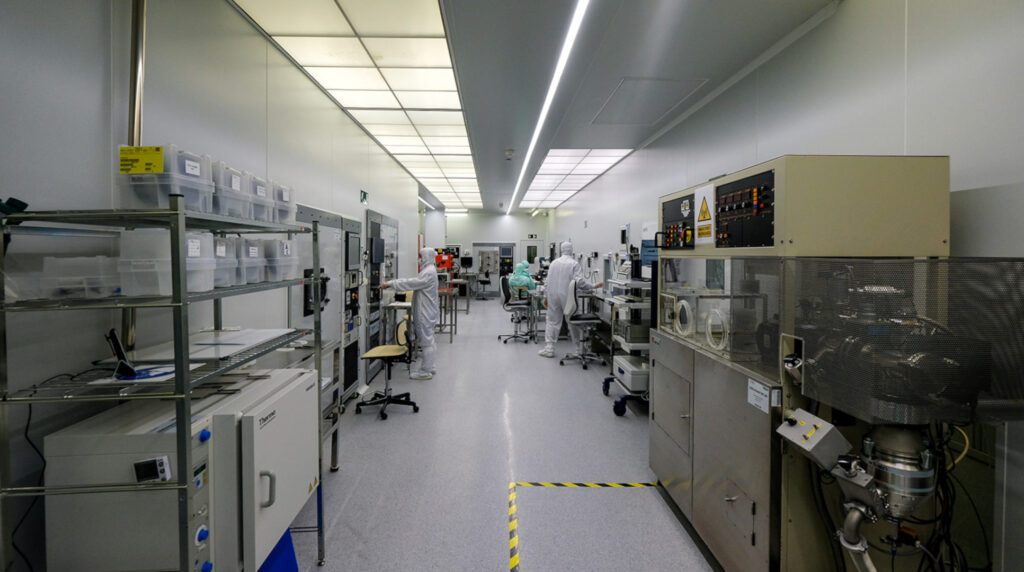The META-BRAIN project represents an opportunity to design the next generation of brain-computer interfaces and neurointerface technologies with the aim of achieving precise control of brain activity for therapeutic benefit. To build these new technologies at the nanoscale, the project will require significant expertise in materials science and medical robotics, including the synthesis of nanoscale materials, the design and testing of nanoscale components, and the integration of systems across material, biological, and electrical engineering disciplines. META-BRAIN draws on expertise from institutions all over Europe, including ETH Zürich, a world-renowned research institute recognized for its expertise and rigor in interdisciplinary research.
Since its founding in 1855, ETH Zürich and its alumni have pioneered research across multiple scientific and technological disciplines, placing Switzerland at the forefront of cutting-edge research. ETH Zürich comprises 16 departments covering all manner of science, technology, and research. For the META-BRAIN consortium, ETH Zürich is represented by the Multi-Scale Robotics Lab (MSRL).
Focus on Advanced Robotics
At ETH Zürich, the MSRL pursues a dynamic research program focused on several emerging areas of science and technology, particularly in advanced robotics. A major component of MSRL’s research involves creating intelligent machines that operate at micron and nanometer scales. This includes developing the tools and processes required to fabricate and assemble micron-sized robots and nanometer-scale robotic components, many of which are used for robotic exploration and medical intervention within biomedical and biological domains.
MSRL maintains a balanced agenda between fundamental and applied research, consistently publishing highly cited papers in top journals while driving significant industrial collaborations. The groundbreaking technologies developed at MSRL have led to the formation of several startup companies. The lab’s projects are highly integrated, multidisciplinary collaborations that push the boundaries of current knowledge and broaden the scope of micro and nanoscale engineering. MSRL has coordinated dozens of research projects for the European Union and Swiss national science foundations and founded multiple startups to translate its technologies into real-world applications.
MRSL’s team at META-BRAIN
For the META-BRAIN project, MSRL will tap into the specific expertise of its co-Director, Professor Salvador Pané Vidal, a leading researcher in the field of microrobotics and nanomaterials for biomedical applications. MSRL will also leverage Drs. Semih Sevim and Elric Zhang, a senior scientist and a postdoctoral researcher in the lab who have extensive knowledge in developing magnetoelectric devices and medical devices. Professor Pané will lead his team in developing new materials for the magnetoelectric nanoparticle-based neural interfaces, focusing on meeting the biological and clinical requirements for implantation. His team will work to develop nanoparticles that are sufficiently small to reach the brain while remaining sufficiently magnetic to interact with the coils and sufficiently powerful to stimulate neurons. Creating such nanoparticles at scale and validating their properties will form the core portion of MSRL’s research for META-BRAIN.
Furthermore, MSRL will collaborate closely with neuroscientists and computational materials experts to design optimal nanomaterials that promote high-throughput neuromodulation and biocompatibility, pushing the bounds of current magnetoelectric nanoparticle research. Finally, MSRL will provide systems expertise to integrate the wide range of disciplines and technologies into a cohesive whole.



